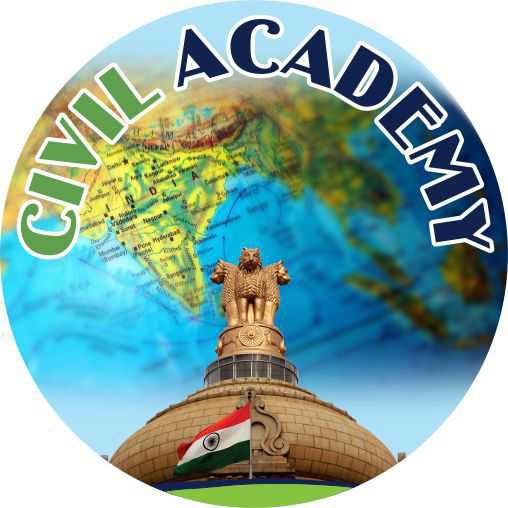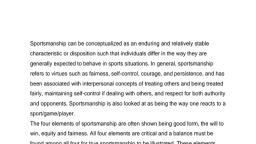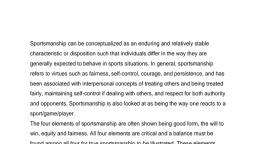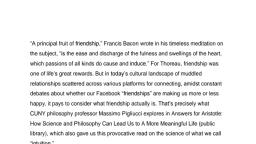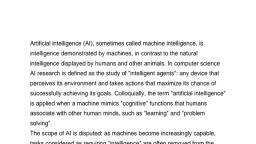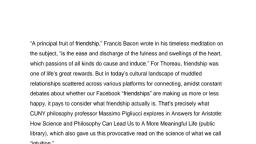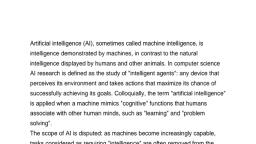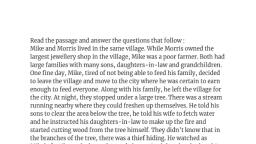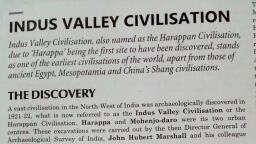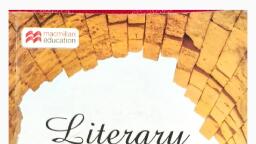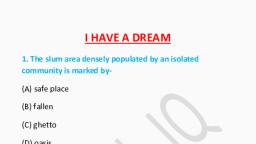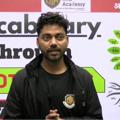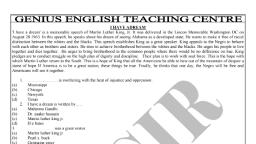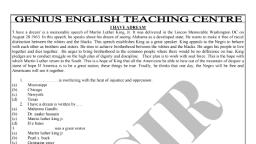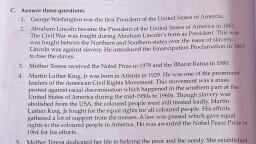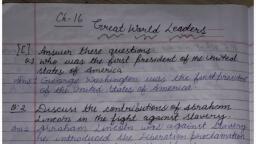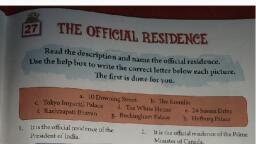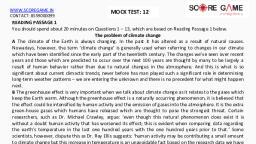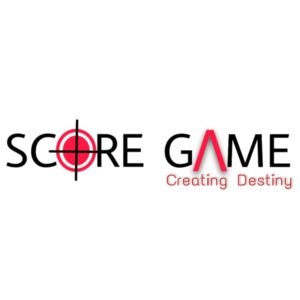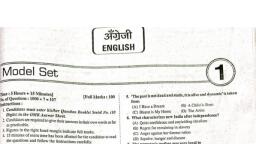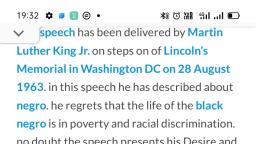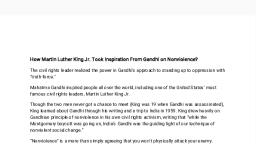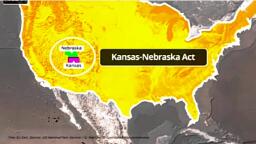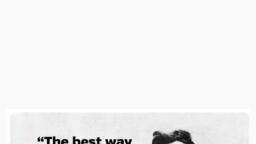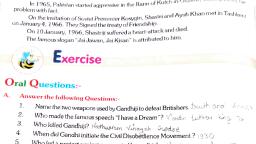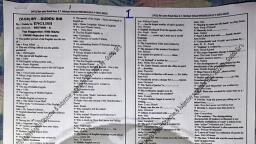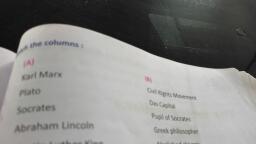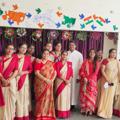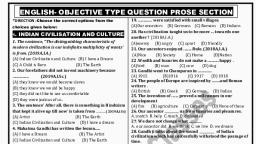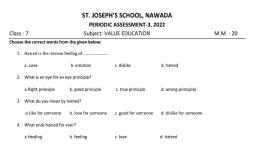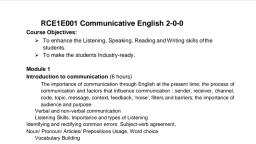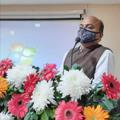Page 1 :
| Passage - 2, "| Have a Dream" is a public speech delivered by American civil rights activist, Martin Luther King Jr. during the March on Washington for Jobs and Freedom on, August 28, 1963, in which he calls for an end to racism in the United States and, called for civil and economic rights. Delivered to over 250,000 civil rights, supporters from the steps of the Lincoln Memorial in Washington, D.C., the, speech was a defining moment of the civil rights movement., Beginning with a reference to the Emancipation Proclamation, which freed, millions of slaves in 1863, King observes that: “one hundred years later, the, Negro still is not free". Toward the end of the speech, King departed from his, prepared text for a partly improvised peroration on the theme "I have a dream",, prompted by Mahalia Jackson's cry: "Tell them about the dream, Martin!" In this, part of the speech, which most excited the listeners and has now become its, most famous, King described his dreams of freedom and equality arising from a, land of slavery and hatred. Jon Meacham writes that, "With a single phrase,, Martin Luther King Jr. joined Jefferson and Lincoln in the ranks of men who've, shaped modern America". The speech was ranked the top American speech of, the 20th century in a 1999 poll of scholars of public address., , Q1. What issues does Martin Luther King’s speech address?, A. Continuation of racism, , B. End to racism and civil and economic rights, , C. Civil rights, , D. Civil War
Page 2 :
Q2. What pushes King to speak: “I have a dream”?, A. He reads out the Emancipation Proclamation, , B. He is prompted by Mahalia Jackson, , C. He is overwhelmed by the crowd, , D. Licoln had asked him to give the speech, , Q3. From the last paragraph, give one word for “to leave”, A. Departed, , B. Proclamation, , C. Improvised, , D. Address, , Q4. What is the name of martin Luther King’s famed speech?, A. The Emancipation Proclamation, , B. An Improvisation, , C. A Peroration, , D. | Have a Dream, , Q5.In front of whom does King speak?, A. The civil rights supporters, , B. His friends, , C. Lincoln, , D. The Negroes
